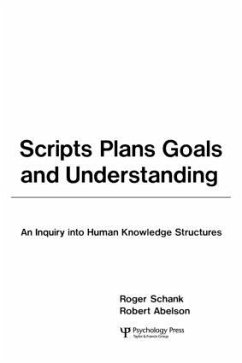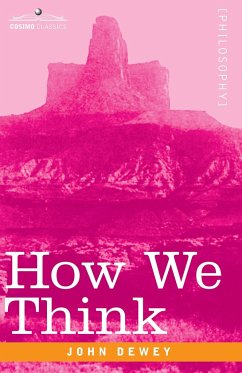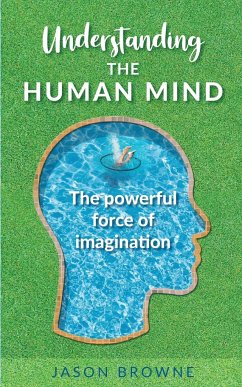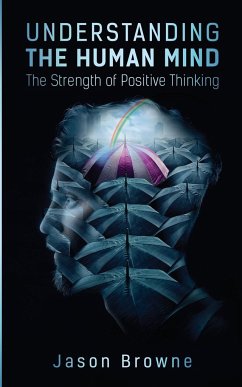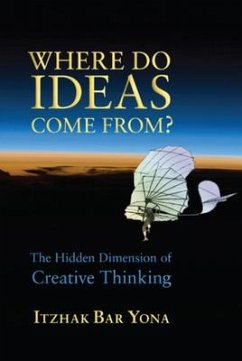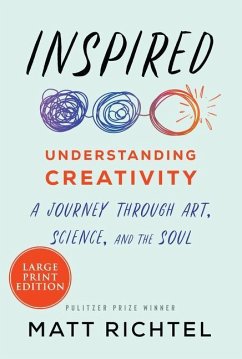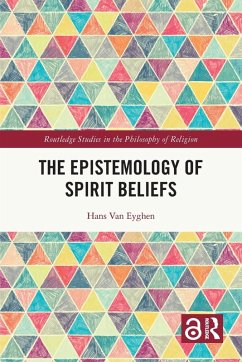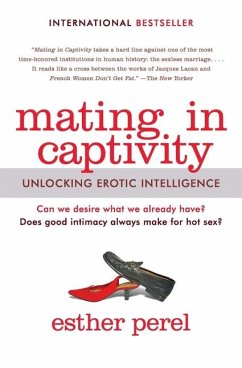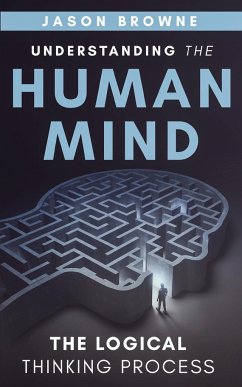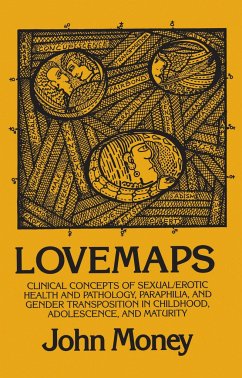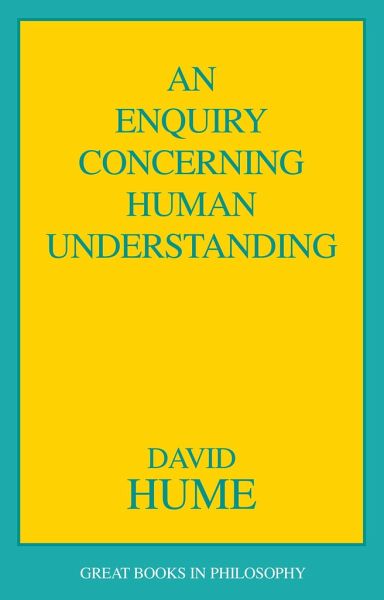
An Enquiry Concerning Human Understanding
Versandkostenfrei!
Versandfertig in über 4 Wochen
11,99 €
inkl. MwSt.

PAYBACK Punkte
6 °P sammeln!
How do we come to have ideas about the world and about the relationships of objects we perceive therein? Is all impressed upon the senses from outside or does the human mind have a significant role to play in how such concepts as "causality," "probability," "necessity," "contingency," "miracles," and others are to be understood? If so, what is the nature and extent of that role? In this classic work of early modern epistemology, Hume offers important insights about how we come to understand and have knowledge of our world and, in so doing, alter our relationship with it.



